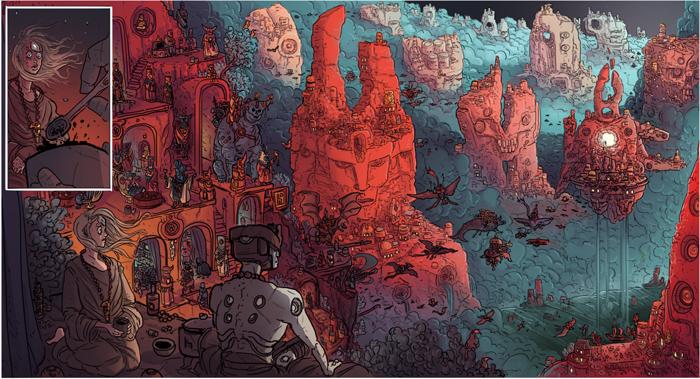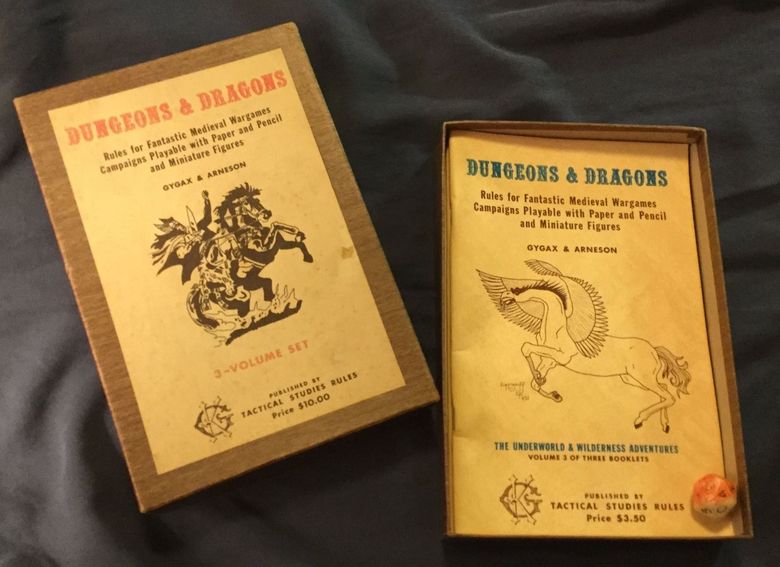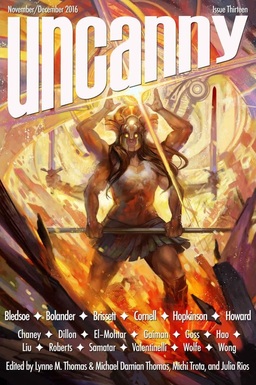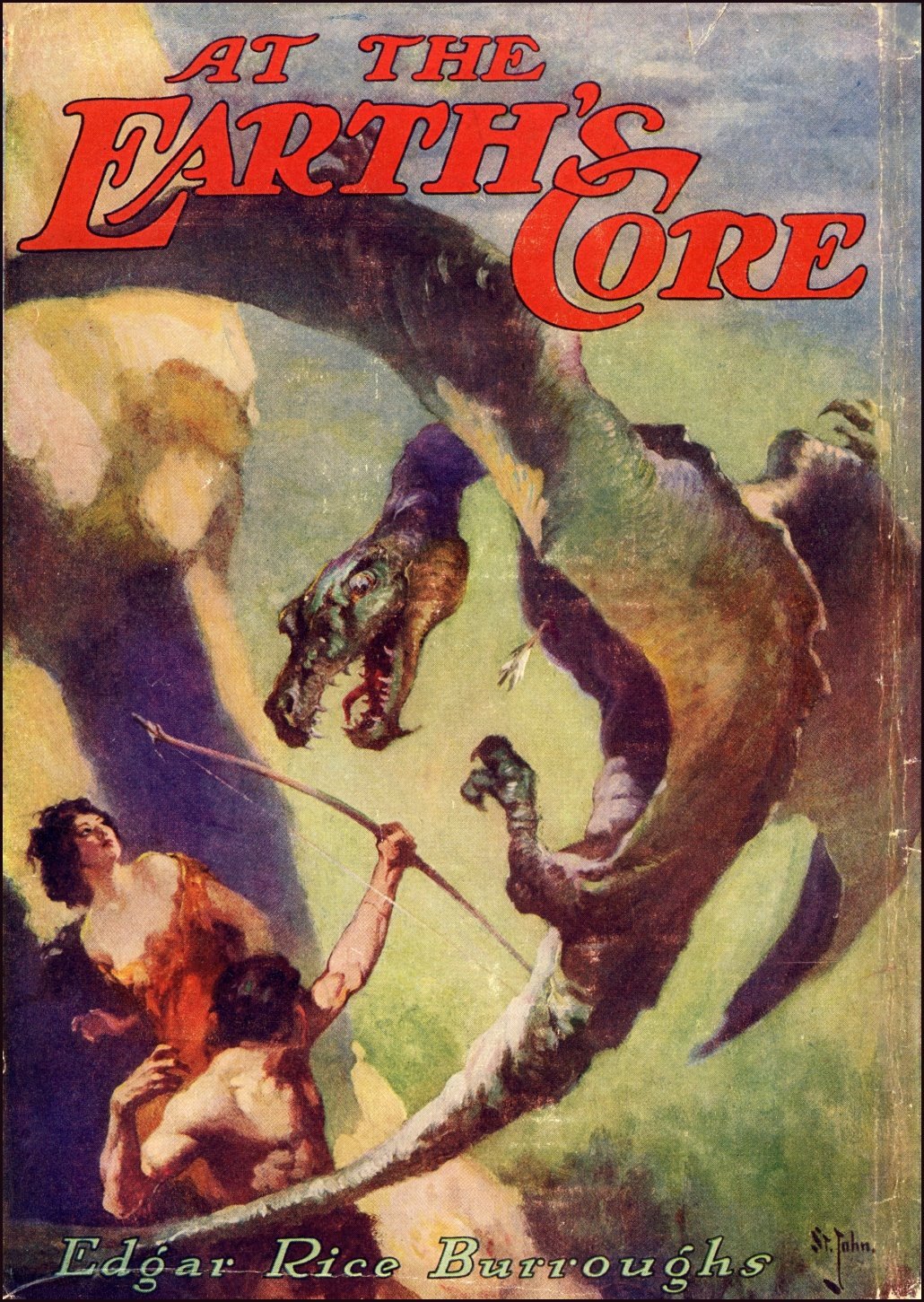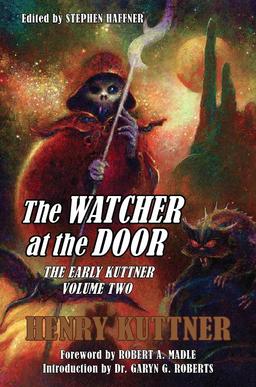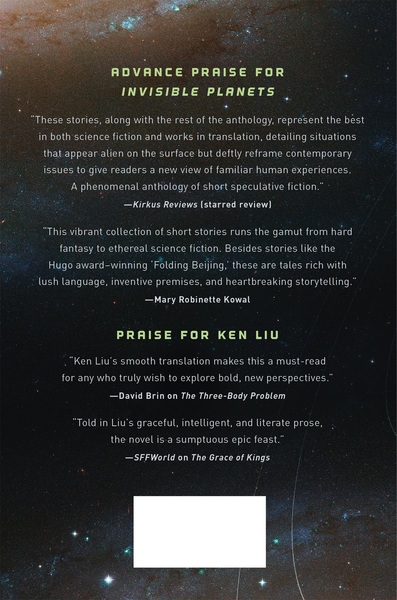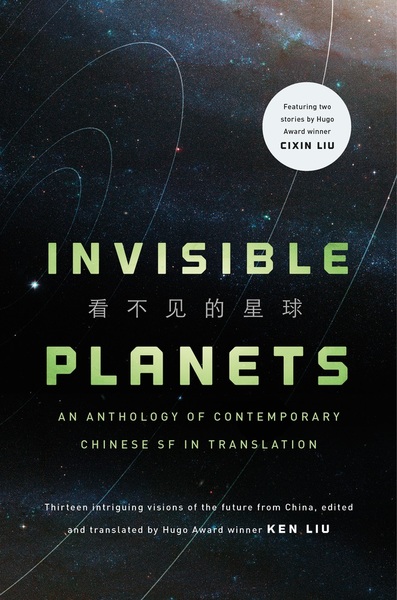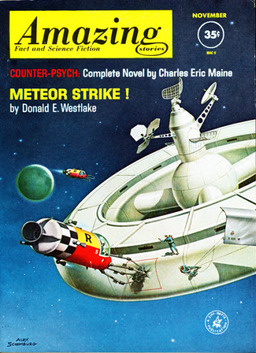 This is an earlyish Cele Goldsmith issue. Unusually, it has only three stories.
This is an earlyish Cele Goldsmith issue. Unusually, it has only three stories.
The editorial is given over to a reprint of part of an interview with an Emeritus Professor of Mathematics from New York University, Richard Courant, that had been published in Challenge. Courant is presented as something of a skeptic about computers, though as presented his skepticism seems sensible enough. The only other feature is a pretty short book review column (it was cut, and the lettercol eliminated, to make room for the complete novel in one issue). The books reviewed were Level 7, by Mordecai Roshwald, a once famous post-apocalyptic novel, now little-known, which S. E. Cotts praises highly in terms that make it sound absolutely dreadful; and The Synthetic Man, by Theodore Sturgeon, a novel better known as The Dreaming Jewels, which Cotts also likes. The cover is by Alex Schomburg, and the interiors are by Virgil Finlay and Dan Adkins.
A word about S. E. Cotts, the book reviewer for Amazing throughout most of Cele Goldsmith’s tenure. I have long wondered who Cotts was, and also whether Cotts might have been a woman. In recent correspondence, Robert Silverberg, who succeeded Cotts as Amazing’s book reviewer (after a one column appearance by Lester Del Rey), said that he thought (but was not sure) that S. E. Cotts was actually Cele Goldsmith’s sister. I have never heard that before, and it’s pretty intriguing. (We might note that Floyd C. Gale, book reviewer for Galaxy in the 1950s, was editor H. L. Gold’s brother.)
The cover story is a novelet, “Meteor Strike!”, by Donald E. Westlake (12,500 words). Westlake, who was born in 1933 and died in 2008, was one of the great crime fiction writers of our time. I am particularly fond of his comic capers featuring the thief John Dortmunder. Others plump for his darker novels about a criminal named Parker, written as by Richard Stark. Early in his career, Westlake published a fair amount of Science Fiction, before bidding a bitter farewell to the field in a rant published in the great fanzine Xero. Westlake complained about SF’s conservatism, and particularly about John Campbell. Alas, I feel his argument — which had some merit — loses some force simply because, truth be told, Westlake was a pretty mediocre SF writer.
…
Read More Read More
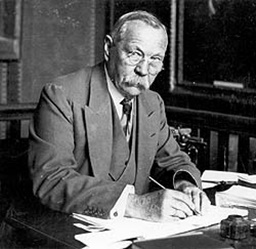 In December of 1893, Sir Arthur Conan Doyle rather unceremoniously tossed Sherlock Holmes off of a ledge at the Reichenbach Falls, stunning (and angering) the great detective’s legion of fans. Doyle, who famously said that Holmes “kept him from better things” (meaning, the more important, much less popular works that Doyle really wanted to write), insisted that he was done with Holmes and that was that.
In December of 1893, Sir Arthur Conan Doyle rather unceremoniously tossed Sherlock Holmes off of a ledge at the Reichenbach Falls, stunning (and angering) the great detective’s legion of fans. Doyle, who famously said that Holmes “kept him from better things” (meaning, the more important, much less popular works that Doyle really wanted to write), insisted that he was done with Holmes and that was that.
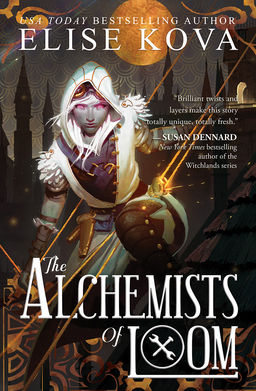
 Lately I’ve been looking at adaptations, both novel-to-movie, and novel or movie to TV series. I been talking about them in terms of what I thought was successfully done, and occasionally pointed at my favourites. In their comments people observed that while they agreed, for the most part, with my suggestions, they had suggestions of their own. All of us had to admit, however, that we were sometimes unfamiliar with either the source work, or the adaptation, or even both.
Lately I’ve been looking at adaptations, both novel-to-movie, and novel or movie to TV series. I been talking about them in terms of what I thought was successfully done, and occasionally pointed at my favourites. In their comments people observed that while they agreed, for the most part, with my suggestions, they had suggestions of their own. All of us had to admit, however, that we were sometimes unfamiliar with either the source work, or the adaptation, or even both.